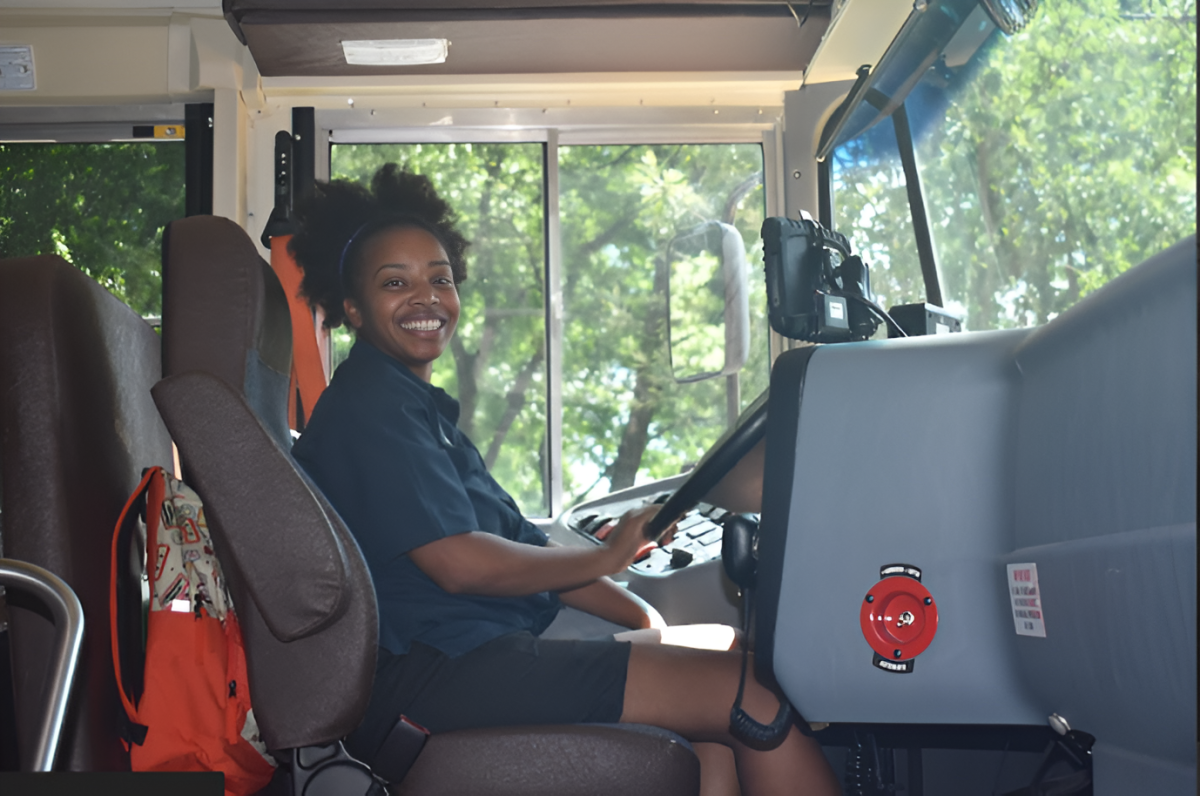The first week of a new semester began with an early release of Atlanta Public Schools (APS) after threats of snow and ice in the Atlanta area.
After the city of Atlanta was hit by two and a half inches of snow in 2014, heavy traffic and iced roads left people stranded on highways, schools, and offices across the city. City officials have been increasingly wary of the effects of freezing temperatures on the city. This January, the predictions of snow led to an early release of APS schools, despite no inclement weather arriving that would have made conditions unsafe.
“People tend to take notice of problems only when there is a travesty that draws their attention to it,” freshman Theo Weimar said. “Since 2014, it seems that the district overreacts to any threat of snow, and will issue an early release regardless of how serious the issue is. Responses to snow and ice should be proportionate to how serious the threat is as to keep students safe but also avoid any panic over icy roads and other problems.”
APS efforts to keep students safe in the case of emergency weather have increased since 2014, but they are still improving their system of communication in the case of a potential disaster.
“The major miscommunication this time was that the mayor had sent a request on Friday morning to the superintendent to move dismissal times from 1:30 p.m to 11:30 a.m, but the district had already announced the 1:30 p.m release time for high schools,” Assistant Principal Raymond Dawson said. “We had to stick to the original release time to ensure that families were prepared for when students got home. This ended up not being a significant problem, but when events like this happen we have to ensure to be careful of gaps in communication like this.”
Other students feel that in the future, the system of releasing schools needs to be improved upon as to avoid problems that could be dangerous, such as overcrowding.
“I had parked in the main parking lot off of 10th street that day, and it ended up taking me 30 minutes just to get out of the lot,” junior Veronica Skelton said. “In the future, staggered releases or someone in the lot to monitor traffic would help with this problem. If we don’t fix it, students who are stuck in the parking lot could have their safety jeopardized.”
Teachers are also concerned over the future of the ability of APS to be prepared in the case of snow. Many feel that even if the school system may have overreacted to the warnings of inclement weather, the response was in the best interest of the students to ensure that they were better safe than sorry.
“The effects of the snow and ice in 2014 led to some catastrophic events for APS schools like North Atlanta, so the district is very nervous now of something like this happening again,” AP language teacher Mary Willoughby said. “They may tend to overreact to any sign of snow or ice, but that’s probably for the best.”
In terms of overall response to inclement weather, the APS board recognizes that although the system for responding to snow and ice may not be perfect, they have improved their methods of preparing since 2014.
“We did a much better job of being prepared for inclement weather than we did in 2014, the lessons we learned from that were implemented and we took the safety of children into account. Board of Education representative for district one, Leslie Grant said. “We also have a system for pre-planning now, which has improved the ability to quickly plan for these emergencies.”
The city of Atlanta has drastically changed their methods of responding to the case of snow and ice since 2014, and they will likely continue to try to perfect a system to be prepared in the case of inclement weather.







